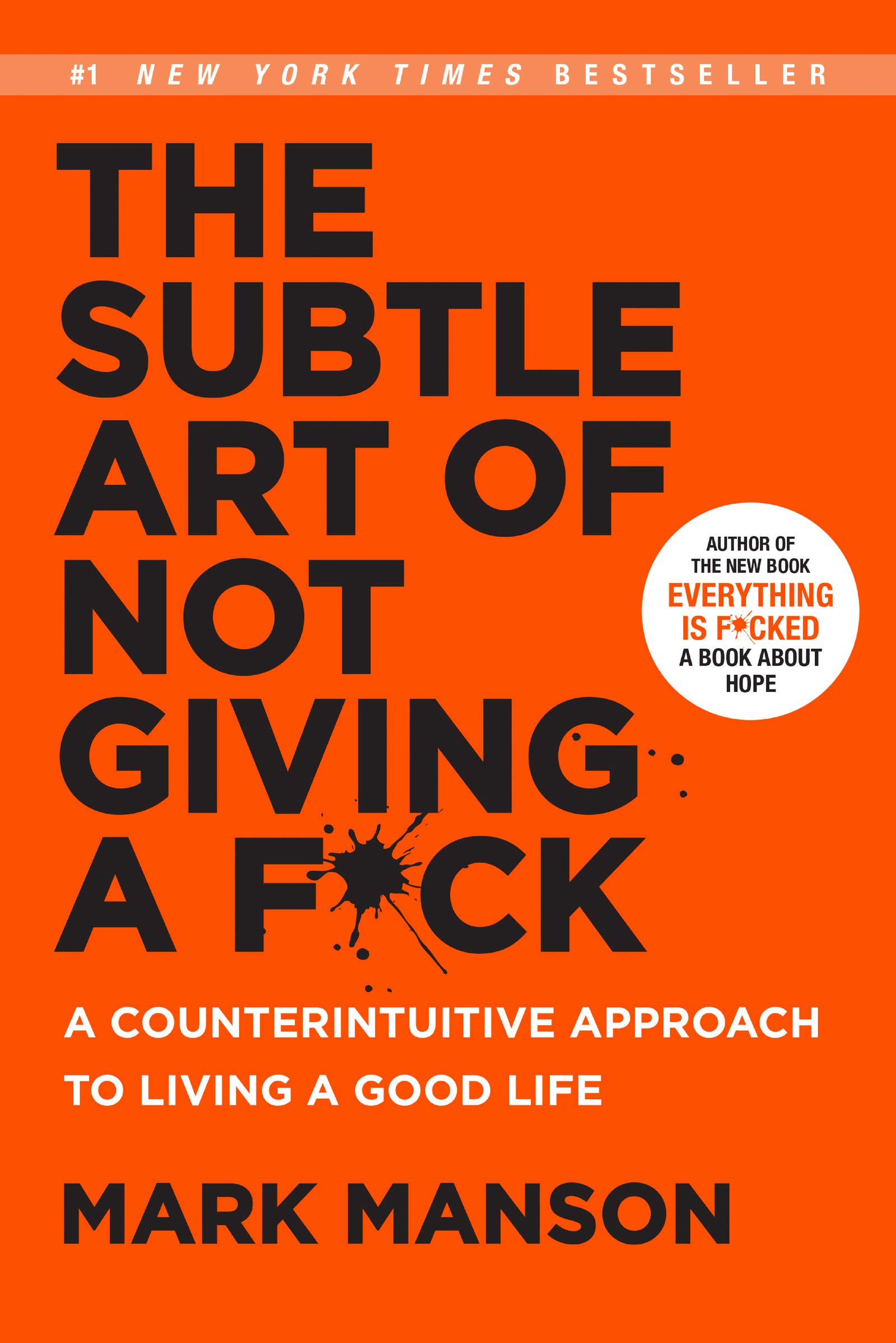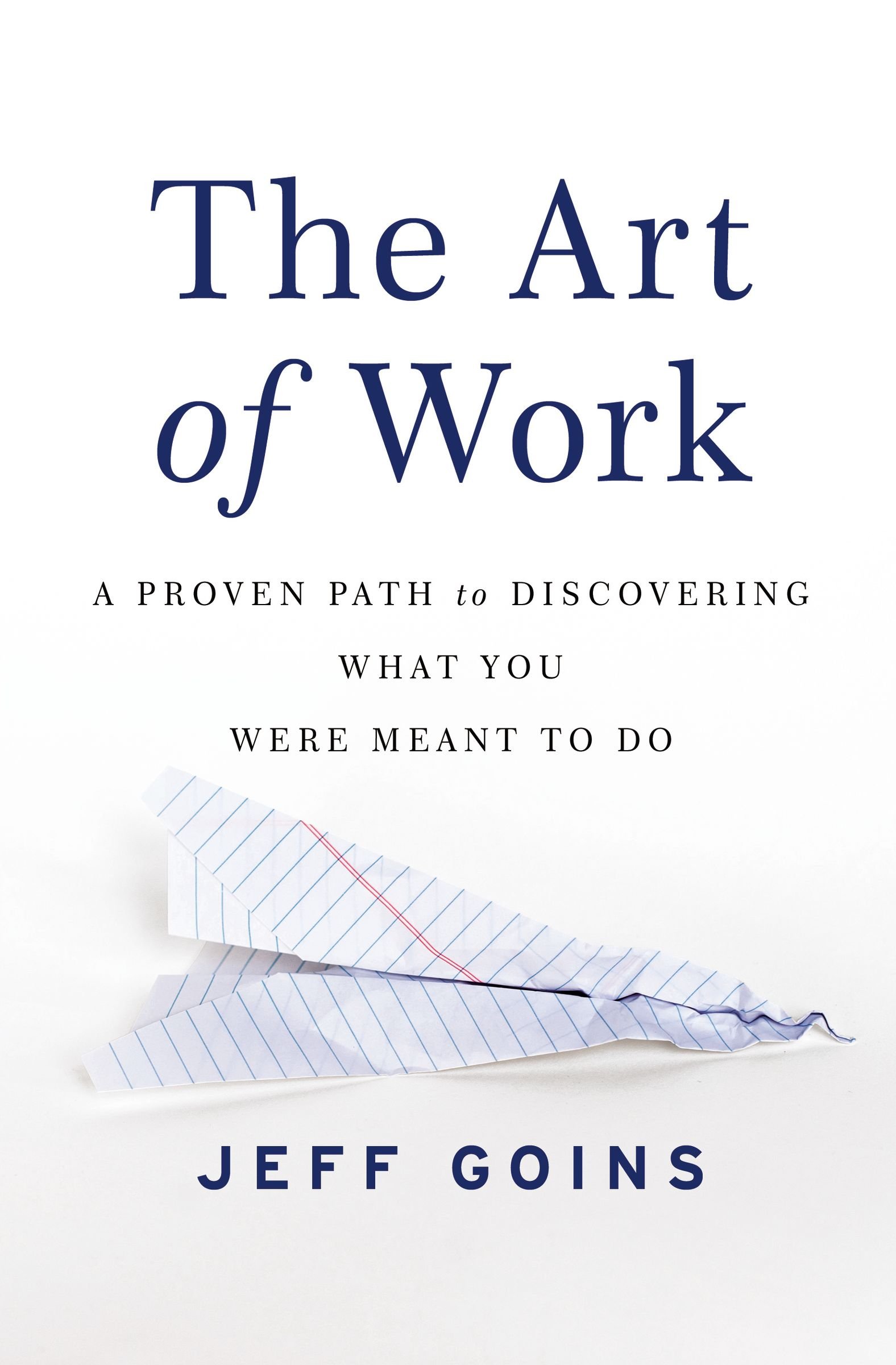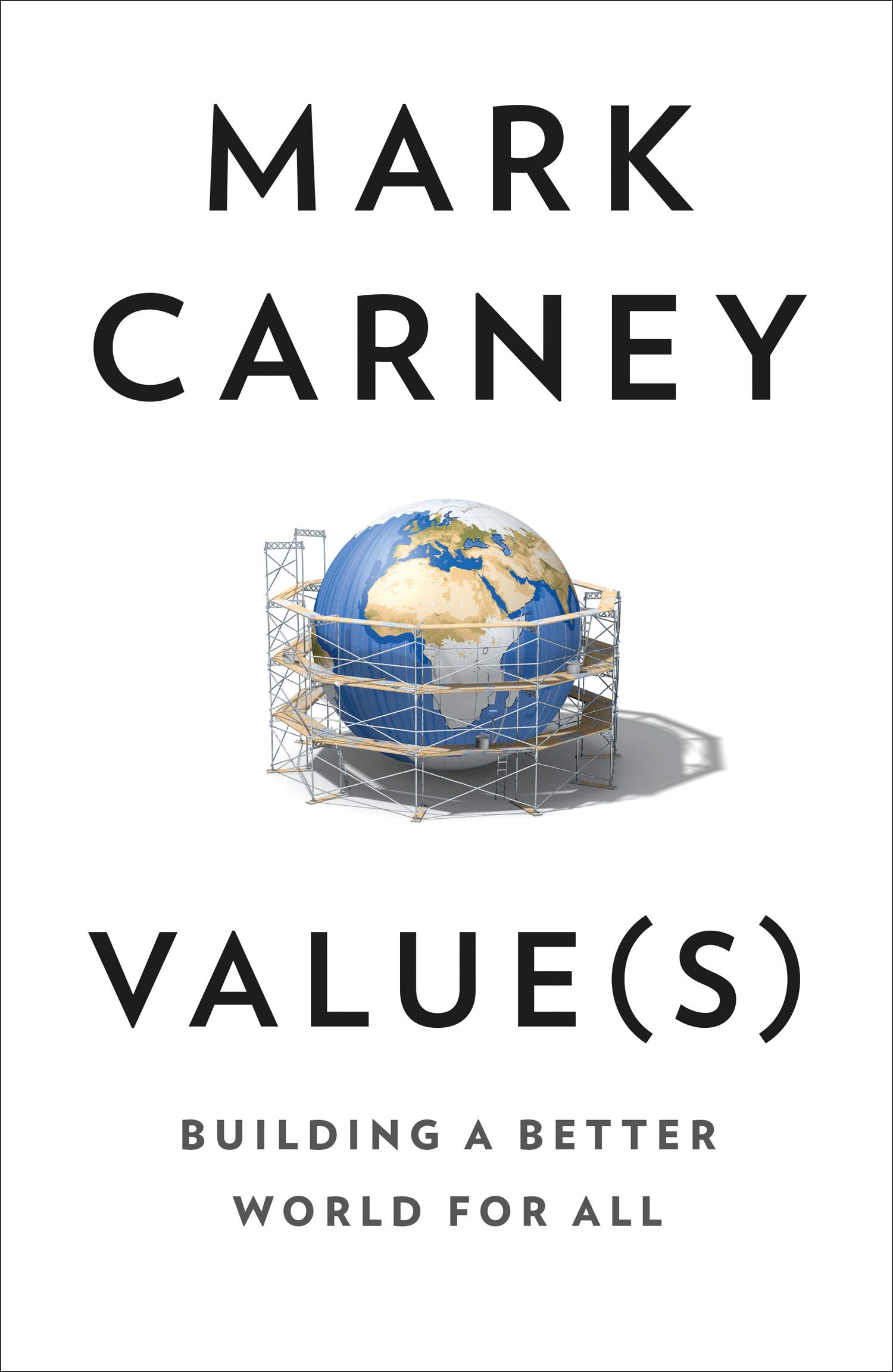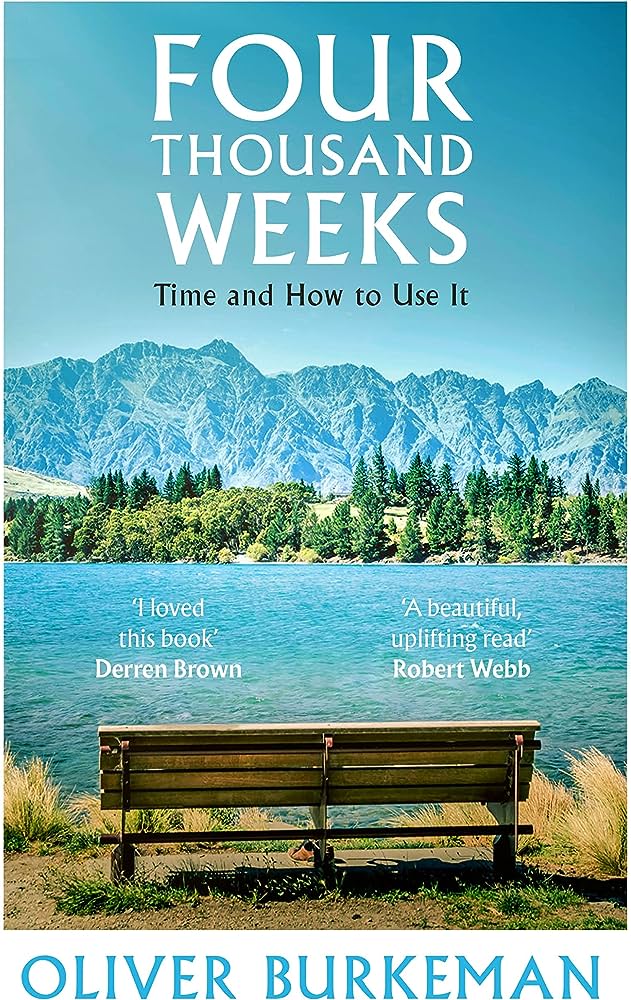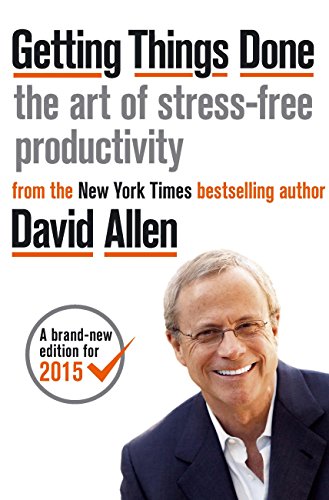Choose your problems wisely.
The subtle art of not giving a f*ck by Mark Manson is about how to determine what is of importance and when misaligned values can lead to negative experiences. The main concept is that if you underpin your actions and thoughts in process-driven values, measured by sensible metrics, you’ll lead a more fulfilling life with greater contribution to others.
Central to this is the acceptance that life is dealing with a series of problems. So, take control of your problems by choosing them carefully. This is an important point. Try not to see actions as leading to happiness (‘I will be happy when I do my new job’), rather as choices about what kind of problems you will have i.e. ‘I now get to worry about performing well in my new job’.
The author is particularly critical of ‘entitlement syndrome’. This leads to either: ‘My problems are unique and cannot be solved’, or ‘Everyone else is messed up and that’s why I don’t fit in’. Neither leads to particularly virtuous set of behaviours. Embracing our normality and shared problems is an antidote to this.
Key points:
- Our self-awareness of negative thoughts leads to feeling that it’s not okay to be not okay. This is much more widespread in the age of social media.
- Even the desire for more positive experiences is a negative experience
- The avoidance of pain can be painful in other ways
- ‘Not giving a fuck’ is not the same as being indifferent to everything, it is about being okay with what you’ve decided to care about
- Beware the hedonistic treadmill: ‘I’ll be happy when I get this…, and after I do …’
- Life is composed of finding solutions to problems, so take control.
- Decide what problems you want as your solutions to the original problems will breed the next generation of problems
- Happiness comes through enjoying the routes to solutions to problems
- Excessive entitlement leads to thinking people are too unique and either have problems that no one else has or the world has problem with them
- The deepest level of self-awareness is to challenge why you hold your values and why you use the metrics you do to measure their attainment
- Good values are process-based and measured in metrics that encourage further development, not just success/failure
- Bad value/metrics prevent your growth through stopping you try and fail
- Good values are progressive without a defined end goal
- Be particularly wary of benchmarking yourself against other people (e.g. I can feel successful when I have done as many xyz and that person.)
- As written by the stoics: be aware that we are always making choices, particularly about how you respond to situations
- Acknowledge that there is a difference between a situation between your fault and you being responsible for it (now)
- And you are certainly responsible for how you act in response to the situation
- Excessive certainty about being right prevents growth and can lead to unhealthy, unhelpful actions. Constantly assume you are or can be wrong
- People are highly resistant to change that involves challenging your fundamental identity
- Questions to help re-assess any position: Am I wrong? What would it mean if I were wrong? If I were wrong, would give better or worse problems?
- More often than not, we haven’t truly considered if we were wrong about something
- Must go through pain for growth. New pain is needed for new values
- Saying no to absolutely freedom/flexibility is associated with more meaningful experiences long term. E.g. committing to marriage is meaningful long-term but involves saying no to other things
- Action breeds motivation, it doesn’t have to be the other way round
- So, when trying to get motivation for a project: just start
- In unhealthy relationships there is a lack of boundary between each person’s problems and an inability to share rejection
- In contrast, aim to support each other to fix their own problems
- Confrontation is an inherent part of relationships as it illustrates trust
- Death is the only certainty and therefore can benchmark all our values against it
- Our values become our legacy
I am not sure that any of the ideas in this book were completely new to me but were presented in a useful way. Whilst many texts and teachers talk about how life is suffering and in this we can find meaning, here it is presented as problems, chosen by us, underpinned by our values.
More books like this:
- Man’s search for meaning by Viktor Frankl
- The practicing stoic by Ward Farnsworth
Useful links:
- Mark Manson’s website
- Here are one, two, and three further summaries/reflections on this book for comparison
